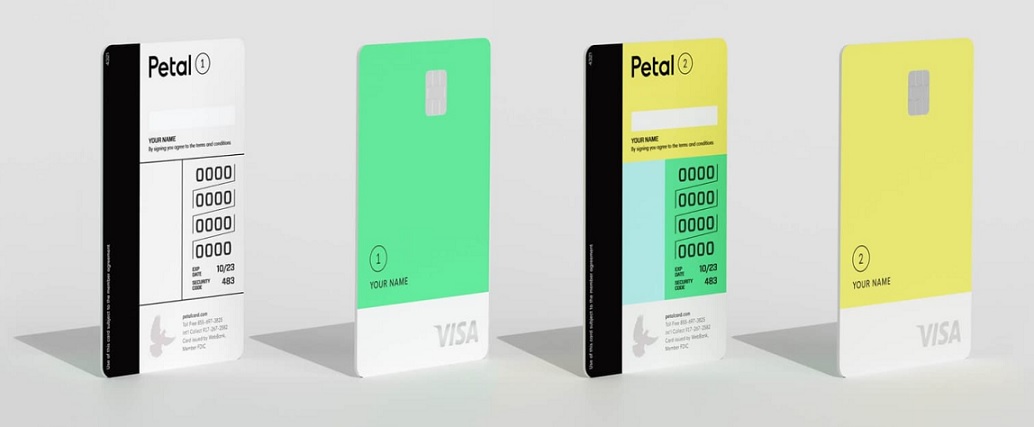
Petal has raised $140 million in new financing, a Series D round led by Tarsadia Investments. Petal is a US credit card startup that is ditching traditional credit scores in an effort to sign up young people and the underbanked. The company offers a Visa credit card that people can qualify for even if they’ve never used credit before.
Here is what Jason Gross, Co-Founder & CEO of Petal, says in a blog called „D is for determination”.
„This investment caps off a truly spectacular year for Petal and our newly launched B2B platform, Prism Data. During a period when consumers faced unprecedented constraints on credit access, we helped to expand access exponentially in 2021. We rebounded from the challenges of the pandemic to grow our user base by over 300% and our monthly revenue by over 400%. Today, hundreds of thousands of members rely on Petal to access and build credit. Those members have rated us with an industry high Net Promoter Score of 67, demonstrating that our approach to responsible, modern credit resonates strongly.
More important than the financial results, we’re creating the kind of social impact we intend. A majority of Petal members had thin or no credit history when they were first approved for a Petal Card, and more than 40% of new members approved for a Petal Card in 2021 were first denied credit by a major bank. Petal members who joined with no prior credit history have gone on to achieve an average credit score of 676 — a “prime” score potentially qualifying them for auto loans, mortgages, and other financial opportunities previously out of their reach.
These results were made possible by the CashScore™, our proprietary alternative to traditional credit scoring. We believe that in the 21st century, credit scores should reflect accurate, up-to-date, and holistic financial data, and should be available to consumers who have been historically underserved. For decades, businesses, policymakers, and academics have searched for effective ways to expand credit access to thin-file and credit invisible consumers. We have found a solution and believe that substantial change is on the horizon.
Our newest venture, Prism Data, will accelerate that change. Prism makes our innovative transaction data intelligence platform — and the CashScore — available to banks and financial technology companies. Rather than keep the CashScore to ourselves, our mission requires us to maximize the potential for positive impact. Through Prism, we believe we can reach hundreds of millions of end-consumers globally and improve fundamentally the way that creditworthiness is determined.„
_____________
Instead of relying solely on credit scores, Petal has built proprietary technology that analyses banking history—measuring creditworthiness based on income, spending, and savings.
The process, referred to as “Cash Scoring”, measures economic fundamentals that aren’t typically considered in a credit approval decision, helping people that traditionally have trouble getting credit.
Once approved, customers get a mobile app where members can automate payments, track their credit scores, manage subscriptions, and stay on top of their spending.
Banking 4.0 – „how was the experience for you”
„To be honest I think that Sinaia, your conference, is much better then Davos.”
Many more interesting quotes in the video below: